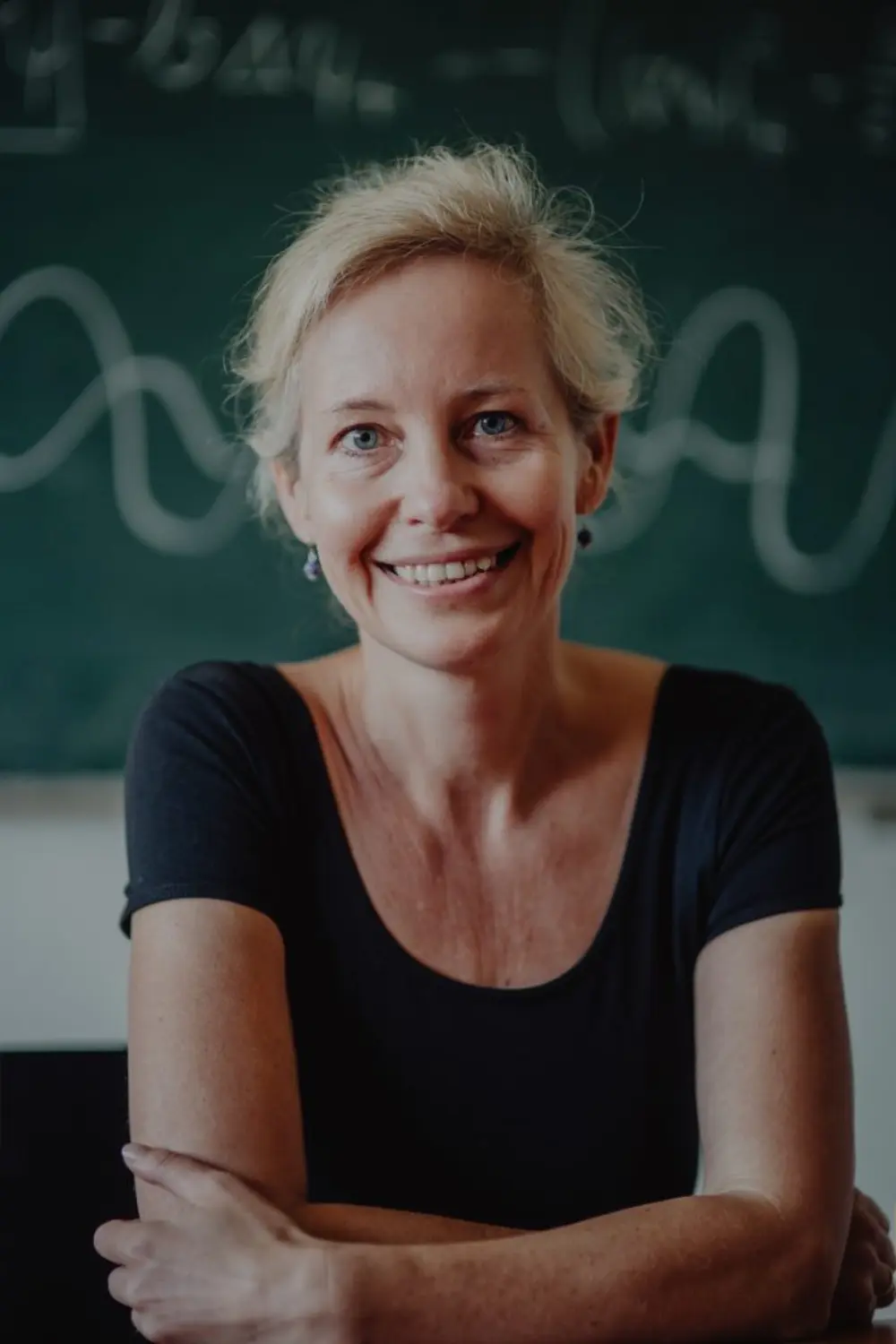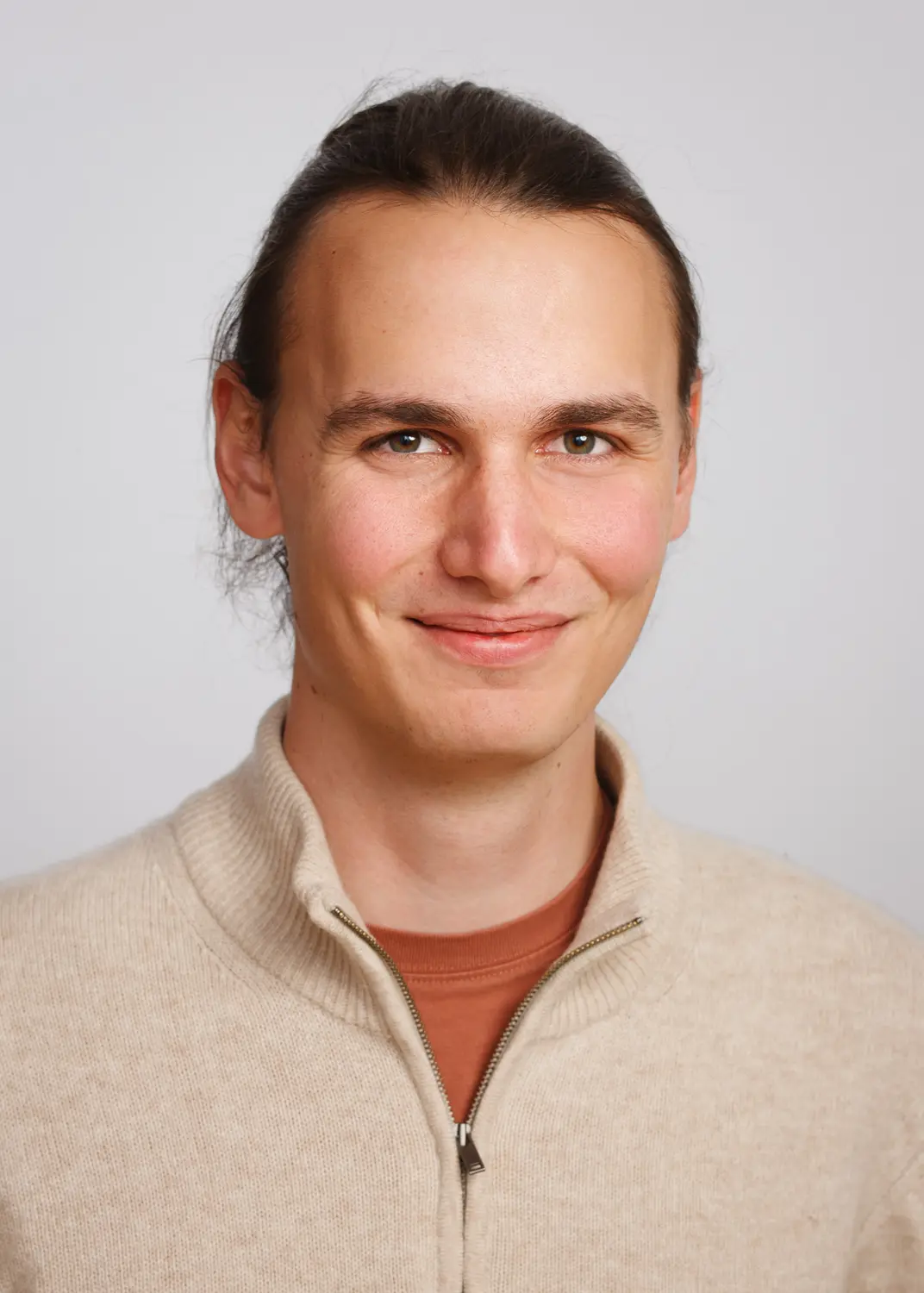IdCONTROL
Controlled parameter identification in time dependent PDEs
The paradigm underlying this subproject is to consider MRI as a coefficient identification problem for a time-dependent PDE. Its goal is to devise theoretical and to some extent also computational tools for choosing the control input in such a way that an efficient and stable reconstruction from the given observations is enabled. In doing so, we will take a step back and more generally study controlled parameter identification problems for evolutionary PDEs that exhibit a similar structure as the above problem, namely reconstruction of (mostly) space-dependent coefficients in time-dependent PDEs from restricted observations with controllable time-dependent input functions. This has many further applications in tomographic techniques whose physical imaging process is described by PDE models. Another concrete example of current interest to the subproject head's group with a strong potential of synergies is ultrasonic nonlinearity parameter imaging.
To this end we will:
- explore the potential of all-at-once formulations for parameter identification and control design for inverse problems of this structure;
- devise and analyze causality-enhancing reconstruction-control schemes such as cyclic iterations (Kaczmarz methods) on a subdivision of the time interval or online parameter identification with model reference adaptive systems (MRAS);
- investigate uniqueness of the space-dependent coefficients relevant for MRI imaging from the given observations and how this can be influenced by a proper choice of the time-dependent control.
The resulting methods will be equipped with convergence guarantees in the sense of regularization theory, under conditions that cover the MRI applications of this SFB. This analysis defines a class of admissible controls, regularization terms, and design criteria that are then available for further optimization in other subprojects.
We will cooperate with BiCONTROL on optimized online identification and control, with OptOP on identifiability and convergence analysis of variational and iterative regularization methods, with BiCONTROL, PriorLEARN and ModLEARN on data driven control design criteria, with GenMRI on iterative reconstruction schemes and physics-based control design criteria, and with BiLEARN on joint estimation of imaging parameters and motion.


